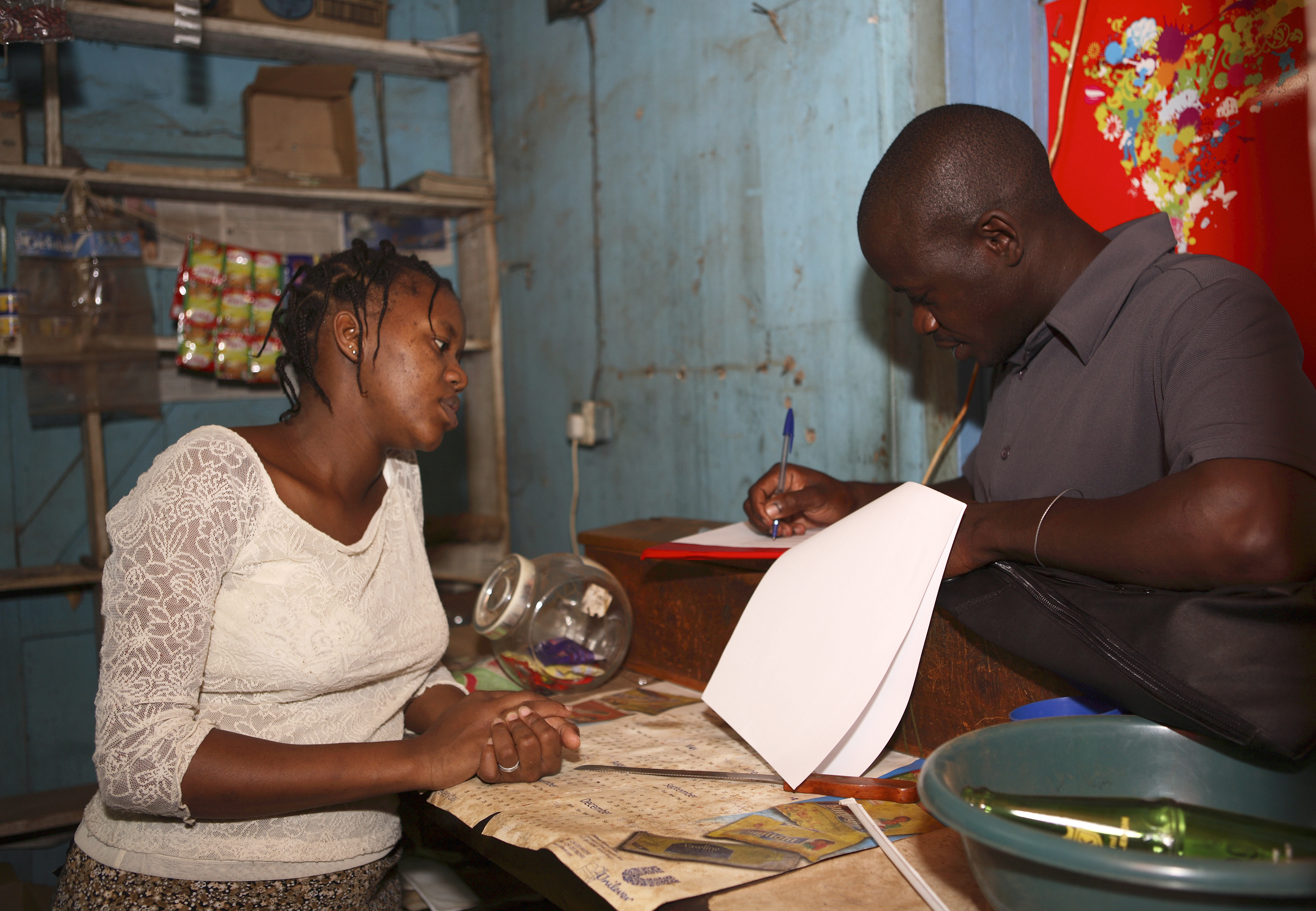Evaluating the Effects of COVID-19 on Female Entrepreneurship in Kenya

Researchers partnered with IPA Kenya and Kenya’s Ministry of ICT, Innovation, & Youth Affairs to assess the effects of COVID-19 on young men and women entrepreneurs and evaluate how a program providing business grants and training services during the pandemic impacted them differently. Results showed that COVID-19 was more severe for women, but grants generally benefited women and men equally, improving business outcomes and well-being.
Prior to the COVID-19 pandemic, young women had higher unemployment rates and were less likely to be in education or vocational training compared to men. Early pandemic data indicated a sharp rise in young women’s unemployment. In Kenya, the government-run Kenya Youth Employment and Opportunities Project (KYEOP) provides young Kenyans with skills training, entrepreneurship support, and labor market information. In part of the program, select entrepreneurs receive business grants and business development services to grow their businesses, which continued to be offered during the pandemic.
Researchers partnered with IPA Kenya and Kenya’s Ministry of ICT, Innovation, and Youth Affairs to assess the effects of COVID-19 on young men and women entrepreneurs and evaluate how business grants and business development services during the pandemic impacted them differently. To do this, they compared men and women who received grants, business development services, or both with participants who did not receive them. They measured indicators including business performance, economic status, time management, intrahousehold dynamics, and overall well-being.
Results showed that women entrepreneurs were more severely affected by COVID-19 than men. They were less likely to own a business, less likely to adapt their businesses, and experienced greater sales and profit losses. They also cut back work hours to take care of their children and reported declined bargaining power in their households. The business grants significantly improved their resilience to COVID-19 just as much as it did for men. Business ownership increased by 40 percent for women and 30 percent for men, with monthly sales rising by 40 percent and 45 percent, respectively. In addition, the grants increased women’s work hours—especially when paired with business development services—and subjective well-being for both women and men.
Implementation Partner

Research Partners














